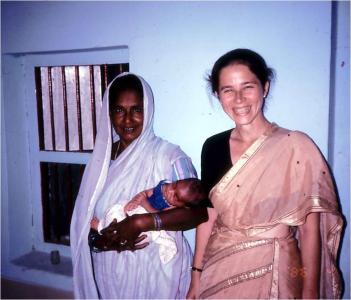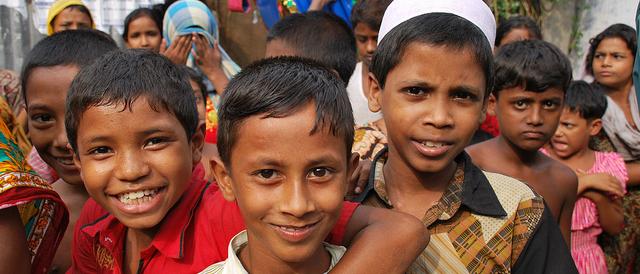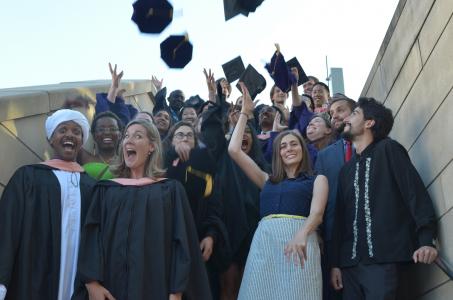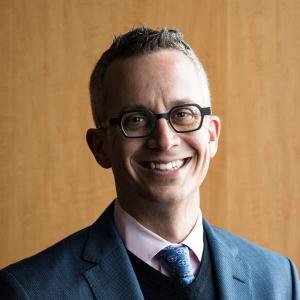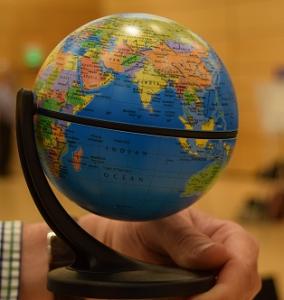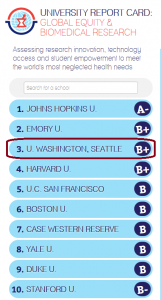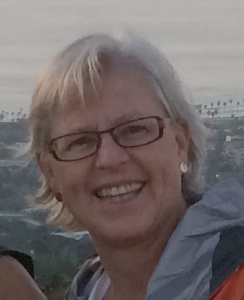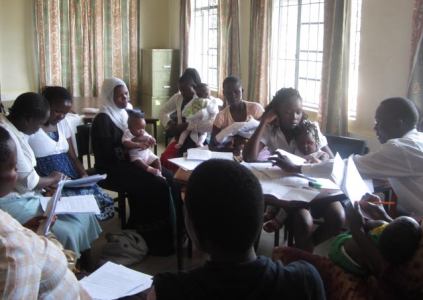An SPH Close Up Interview with Chair Judith Wasserheit
Forget cake and ice cream. For her 13th birthday, Judith Wasserheit got a cadaver. The gift was from her mother who, as chair of Special Anatomy at the first Podiatric Medical School in the United States, was able to provide a very special introduction to the human body. The two would dissect the cadaver together on weekends at the morgue.
